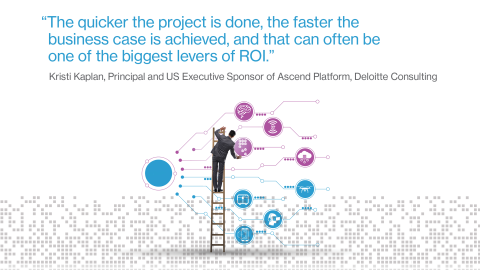
Moore has worked as a clinical ethicist in hospitals in both Australia and the US, and she says she has noticed a difference between the two countries. “In Australia there’s more of a focus on what would benefit the surrogates and the family,” she says. And that’s a distinction between two English-speaking countries that are somewhat culturally similar. We might see greater differences in other places.
Moore says her position is controversial. When I asked Georg Starke at the Swiss Federal Institute of Technology Lausanne for his opinion, he told me that, generally speaking, “the only thing that should matter is the will of the patient.” He worries that caregivers might opt to withdraw life support if the patient becomes too much of a “burden” on them. “That’s certainly something that I would find appalling,” he told me.
The way we weigh a patient’s own wishes and those of their family members might depend on the situation, says Vasiliki Rahimzadeh, a bioethicist at Baylor College of Medicine in Houston, Texas. Perhaps the opinions of surrogates might matter more when the case is more medically complex, or if medical interventions are likely to be futile.
Rahimzadeh has herself acted as a surrogate for two close members of her immediate family. She hadn’t had detailed discussions about end-of-life care with either of them before their crises struck, she told me.
Would a tool like the P4 have helped her through it? Rahimzadeh has her doubts. An AI trained on social media or internet search history couldn’t possibly have captured all the memories, experiences, and intimate relationships she had with her family members, which she felt put her in good stead to make decisions about their medical care.
“There are these lived experiences that are not well captured in these data footprints, but which have incredible and profound bearing on one’s actions and motivations and behaviors in the moment of making a decision like that,” she told me.
Now read the rest of The Checkup
Read more from MIT Technology Review’s archive
You can read the full article about the P4, and its many potential benefits and flaws, here.
This isn’t the first time anyone has proposed using AI to make life-or-death decisions. Will Douglas Heaven wrote about a different kind of end-of-life AI—a technology that would allow users to end their own lives in a nitrogen-gas-filled pod, should they wish.






Recent Comments